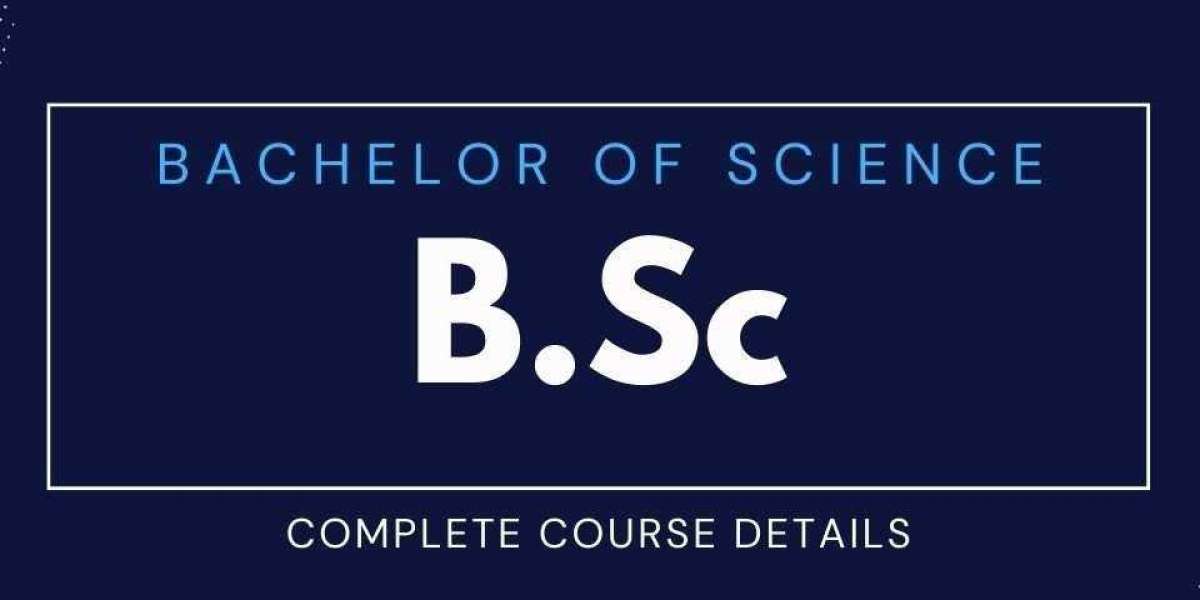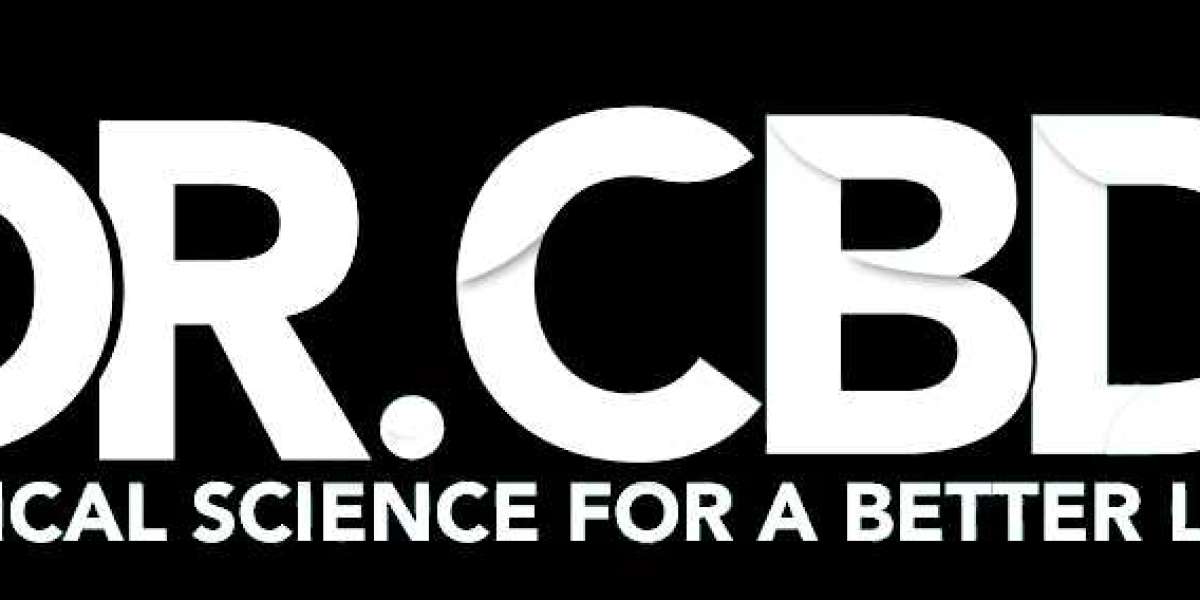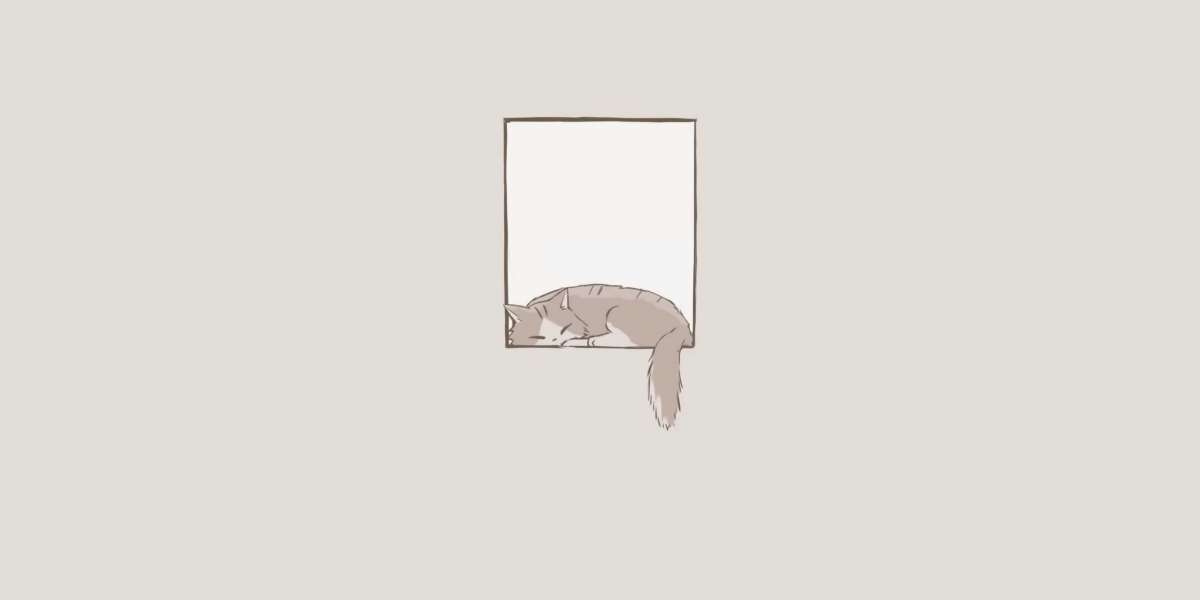The workforce of the future is evolving fast. New technologies, scientific advancements, and complex global challenges are creating the need for adaptable, skilled, and forward-thinking professionals. And one degree stands out for its ability to meet these demands—the Bachelor of Science (BSC). If you've ever thought about how education can directly impact industries, innovation, and problem-solving, you'll find the answer in the transformative power of a BSC degree.
The full form of BSC, Bachelor of Science, may sound straightforward, but its impact is far from simple. It’s not just about learning facts or theories. It's about equipping students with the skills they need to thrive in science-based careers and beyond. The workforce doesn't need just employees anymore. It needs thinkers, creators, and problem-solvers. That's where a BSC steps in. It bridges the gap between academic knowledge and practical application.
A Hands-On Approach to Learning
Here’s the thing. Employers are looking for candidates who can do more than recite textbook knowledge. They need people who know how to apply that knowledge in real-world scenarios. That’s exactly what a Bachelor of Science degree offers. Whether you specialize in physics, computer science, biology, or any other field, the BSC program combines theoretical learning with hands-on experiences like lab work, research projects, and internships. Think of it as the difference between learning about cooking and actually cooking in a professional kitchen. You don’t just understand concepts—you know how to use them.
Take a BSC in Computer Science, for example. You won't just learn coding languages. You'll build apps, design systems, and tackle real-world problems. These practical experiences prepare you to step directly into the workforce with confidence. And that confidence? It makes all the difference in a competitive job market.
Preparing for Future Jobs (Even Ones That Don’t Exist Yet)
One of the coolest things about the BSC degree is how it equips graduates to handle the unexpected. Many of the jobs people will work in ten years don’t even exist today. Artificial intelligence specialists, renewable energy analysts, data science professionals—these roles weren’t mainstream a decade ago. But graduates with a Bachelor of Science are ready to adapt, thanks to the problem-solving mindset they develop.
Imagine you’re part of a team building a sustainable energy project. A BSC graduate in Environmental Science might analyze ecological impacts. A Physics major could focus on energy efficiency. And a Computer Science graduate might design software to monitor performance. Together, they tackle the project from all angles. This interdisciplinary approach is what makes BSC graduates invaluable. They don’t just follow trends—they create them.
Soft Skills Make the Difference
Here's something people don’t often talk about: technical knowledge alone isn’t enough. The modern workforce requires soft skills too. Communication, teamwork, leadership—these are just as important as knowing how to solve a calculus equation or conduct a chemistry experiment. Through group projects, presentations, and collaborative research, students in BSC programs build these essential skills.
Think about it. Who would you hire: someone who can crunch numbers but struggles to explain their findings, or someone who can do both? A Bachelor of Science teaches you to analyze problems, communicate solutions, and work effectively with diverse teams. These skills are critical in industries where collaboration drives innovation.
Careers That Shape the World
When you think about impactful careers, chances are many of them require a BSC degree. Healthcare professionals, data scientists, environmental consultants, software developers—these are the people solving some of the world’s biggest challenges. And the best part? The degree doesn’t lock you into one path. The Bachelor of Science opens doors across industries.
Take data science, for example. A BSC in Mathematics or Computer Science can prepare you for a career analyzing big data to improve decision-making in industries like healthcare, finance, or even sports. Or think about healthcare. A BSC in Biology could lead to groundbreaking medical research or a career in biotechnology. These aren’t just jobs—they’re opportunities to shape the future.
Breaking Down the Myth: It’s Not Just About Science
Sure, the full form of BSC is Bachelor of Science. But here’s what many don’t realize—it’s not just about science. The skills you gain are highly transferable. Analytical thinking, problem-solving, and attention to detail are assets in any profession. That’s why you’ll find BSC graduates thriving in finance, marketing, education, and even creative industries.
For instance, a graduate with a BSC in Physics might end up designing visual effects for movies, while a Mathematics major could work in cryptography for cybersecurity. The possibilities are endless. It’s not just about where you start. It’s about where this degree can take you.
Future-Proofing Through Lifelong Learning
A Bachelor of Science degree doesn’t just prepare you for your first job. It prepares you for a lifetime of learning. The fast-paced world we live in demands continuous growth. Whether it’s staying updated on new technologies or tackling emerging challenges like climate change, BSC graduates have the foundation to keep learning and adapting.
Many students go on to pursue further studies, like a Master of Science (MSC) or a specialized certification in their field. This continuous learning mindset makes them valuable employees and forward-thinking innovators. It’s not just a degree—it’s a launchpad.
FAQs About How a Bachelor of Science Degree Shapes the Future Workforce
Q1: What is the full form of BSC, and how does it relate to the workforce?
The full form of BSC is Bachelor of Science. It equips students with practical and analytical skills that are highly relevant in today's and tomorrow’s job markets.
Q2: Which industries value BSC graduates the most?
Industries like healthcare, IT, renewable energy, finance, education, and research consistently hire BSC graduates for their problem-solving abilities and technical expertise.
Q3: Can a BSC degree lead to careers outside science?
Absolutely! The analytical and soft skills developed in a BSC program are transferable to fields like marketing, design, and even entrepreneurship.
Q4: How does a BSC degree prepare students for jobs of the future?
By fostering adaptability, critical thinking, and practical experience, BSC programs equip students to tackle roles that may not even exist yet.
Q5: Is a BSC degree better than other undergraduate degrees?
It depends on your career goals. If you’re passionate about science, technology, or related fields, a BSC degree offers unmatched opportunities and flexibility.
The Bachelor of Science (BSC) degree isn’t just an academic achievement. It’s a pathway to innovation, growth, and impact. Whether you're building the next big tech innovation or contributing to groundbreaking medical research, a BSC degree shapes you into a professional ready to make a difference. It’s not just a choice. It’s a future-focused investment.



